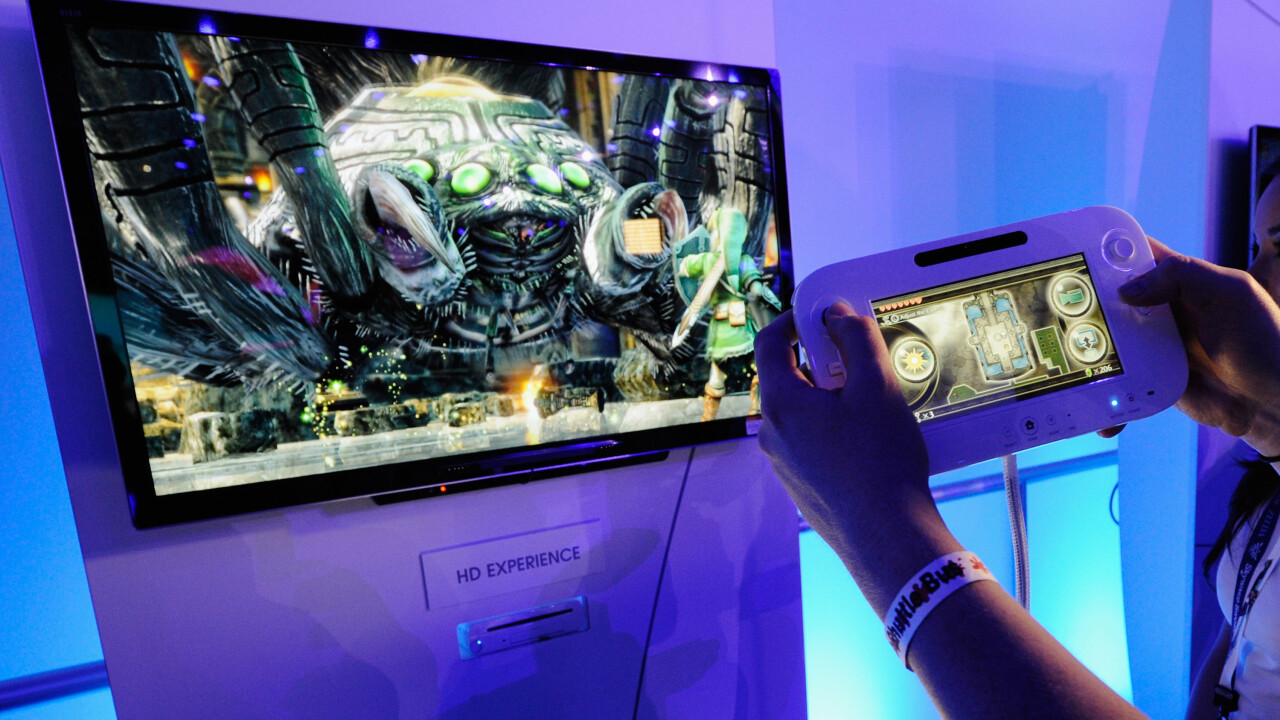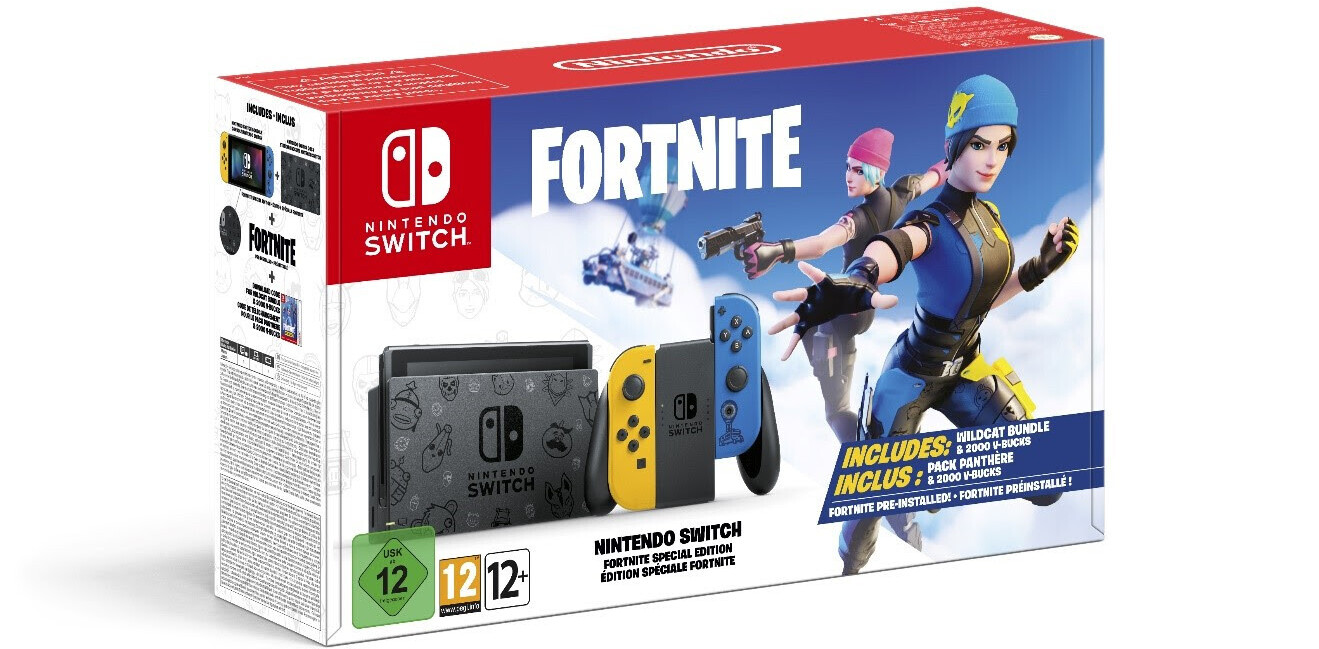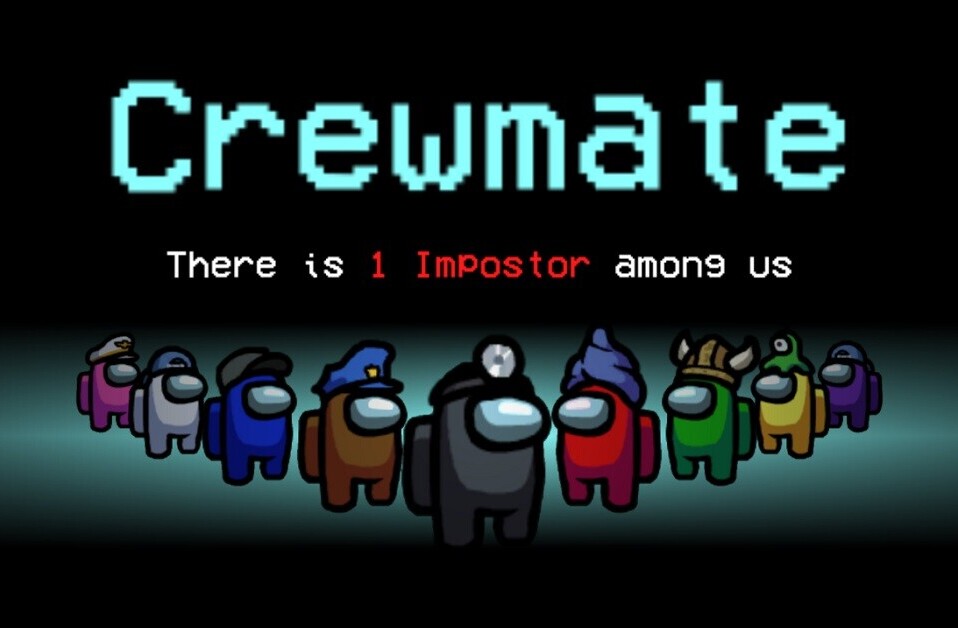
Nintendo is rejecting all pitches from Japanese indie developers looking to create and publish games on its Wii U console at the moment.
The video game juggernaut confirmed to CVG that it wasn’t accepting applications from developers based in its domestic market “at this time”.
The decision is in stark contrast to Nintendo’s recent efforts to incentivize established developers already working with the Wii U eShop, by offering a free Unity license and the ability to self-publish on the platform.
The Wii U has had a sluggish start in the market place, mostly due to a lack of software – both from first and third-party developers – that take advantage of the system’s unique capabilities.
Iconic Nintendo developer Shigeru Miyamoto has accepted some responsibility for the poor sales figures, adding that it’s difficult for consumers to appreciate the benefits of the Wii U console without experiencing it for themselves in the living room.
Third-party publishers are reluctant to develop new games for the system given its small install base, piling more pressure onto Nintendo to release some of its largest franchises – Mario, Pikmin and soon to be the Legend of Zelda – with due haste.
Indie developers could arguably fill this void on the Wii U eShop. Cult classic EarthBound, originally released as Mother 2: Gyig Strikes Back for the SNES in Japan, has been welcomed by fans with open arms as a digital re-release for the Wii U. More games of a similar calibre – particularly modern titles from new and emerging developers – could help tide players over until Nintendo are able to release another big hit.
Nintendo is seen as a family brand and it’s understandable that they would be reluctant to let just anyone self-publish on the Wii U. Refusing all applications from indie developers in Japan, however, is another matter entirely and rather counter-intuitive both for attracting new players to the system and earning extra revenue from digital sales.
It’s perfectly possible for Nintendo to reverse this policy in the future, or just gradually open up its indie developer program on a region-by-region basis. Regardless, given that both the PlayStation 4 and Xbox One are launching later this year – the former of which has already been commended for its self-publishing policies – Nintendo might want to rethink its strategy for the next five months or so.
Image Credit: Kevork Djansezian/Getty Images
Get the TNW newsletter
Get the most important tech news in your inbox each week.




